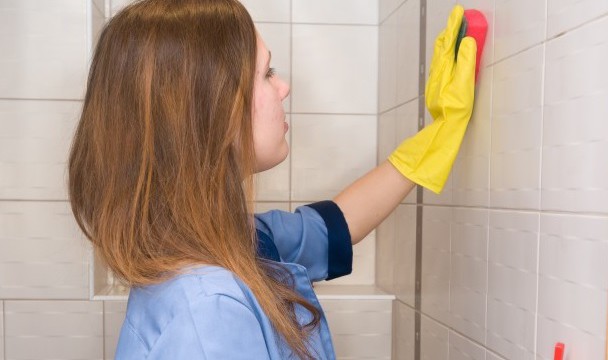
Finding the root cause of damp and mold that may be growing in your home, is the only way to eradicate it completely. Not only is damp and mold unsightly, but it can present some very real health concerns, too, so finding what is causing it. is vital.
Some common causes of damp and mold in the home:
Excess moisture is the primary cause of most mold and mildew growth, and this can be caused by pipes that leak, damp that has risen from lower floors or basements, rain leaking in through a damaged roof or in the cracks of windows where the seals are broken.
If you live in a newly constructed building, then there may even be some damp due to the construction not having dried out fully.
Condensation can also cause moisture to build up within your home, and this can form when the air inside can no longer hold any moisture. Things such as showering, cooking and drying laundry inside, and even breathing without proper ventilation, can all cause excess moisture. You may see droplets of moisture forming of mirrors, windowsills and walls, and you’ll see this happening especially when they’re cold.
Top solutions for preventing condensation:
Below is a list of just some of the things that you can do to minimise condensation in your home:
- Dry your laundry outside
- Put lids on pans when you’re cooking
- Try to aerate your bedroom every morning by leaving the windows open for at least an hour
- Make sure that your home is properly insulated
- Wherever possible, keep your home heated in cold weather
- Aerate all rooms whenever possible to allow air to circulate, but if you’re cooking or taking a hot shower, shut the door of the room that you’re in and keep the window open.
- If there is a serious issue of ventilation in your home, then it may need a professional to make repairs.
Some simple tips for removing mold:
The most important thing is to identify the sources of moisture in your home, then you can begin to tackle the mold that has grown resulting from it. If the problem isn’t too severe, you should be able to get rid of it yourself, but if it has spread, you may need the help of a professional. For instance, if the mold covers an area of less than a square meter and you know that it has been caused by condensation, then it is safe to clean it yourself. Mold caused by sewage or contaminated water could be harmful to your health, and a professional may need to tackle the problem.
- Keep yourself protected. Wear goggles, gloves and a mask and keep the are ventilated while you clean it.
- Wash affected items. Items such as toys, clothes or soft furnishings that have been affected by the mold, will need to be washed thoroughly.
- Use a bucket of soapy water. Fill a bucket with water and a mild cleaning solution, and use this to wash the mold from the walls and affected areas with a sponge or cloth. Try to soak rather than brush, as this can release the many mold spores.
- Use a dry rag. Once you’ve wiped all the mold off, use a dry rag or old t-shirt to remove all the moisture. Be sure to dispose of the cloths and rags afterwards.
Don’t allow mold to destroy your home, seek professional help if the problem is too big for you to handle alone, and remember that it’s important to eradicate mold completely to prevent it from negatively affecting your health, and the health of anyone living in your home.
